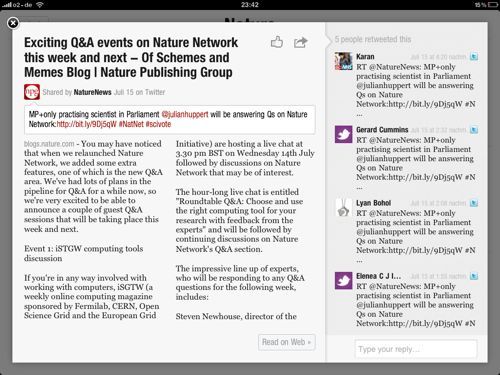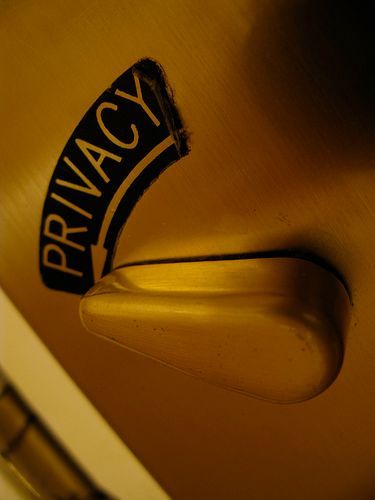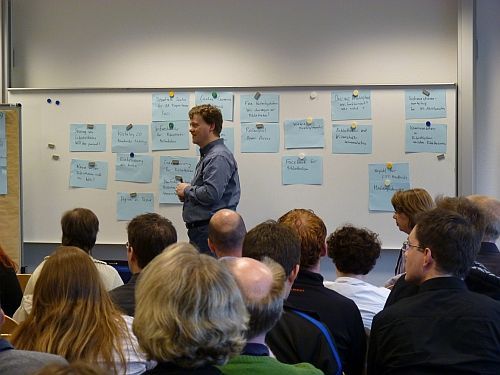Reference management is a frequent topic on this blog. The last few years we have seen both a large increase in the number of available tools, but also big changes in how we use reference management software. But for many of us the first reference management software was Endnote. I first used Endnote as a medical student in 1990 (Endnote Plus at that time, published by Niles Software), and I’m still a regular user.

Flipboard is a personalized social magazine for the iPad. The free application was released on July 22, and instantly created a lot of buzz. Because of the overwhelming interest, they had to create a waitlist for the personal features and I could only sign up for and start using them a few days ago. Flipboard is a true iPad application, it would not work the same on a laptop computer or mobile phone.

The last few days we have seen a number of blog posts reflecting on the pros and cons of science blogging networks. Bora Zivkovic last week announced his departure from scienceblogs.com, and in his must-read post reflected on the history of science blogging (A Farewell to Scienceblogs: the Changing Science Blogging Ecosystem). Richard Grant on Saturday wrote down his thoughts On Nature Network.
About a year ago I wrote a blog post about how to use Web 2.0 tools for a journal club (Recipe: Distributing papers for a journal club). Although reference management tools such as CiteULike and Mendeley can be used for journal clubs, discussion features are often more of an afterthought. At the time I therefore recommended FriendFeed.
Earlier today I attended the fabulous Innovations in Reference Management workshop in Birmingham organized by Owen Stephens from Open University. Owen has written some blog posts summarizing the sessions almost in real time. You also find a good number of interesting tweets under the hashtag #irm10.

Last week I attended the annual meeting of the American Society of Clinical Oncology (ASCO) in Chicago. For my work it is the most important scientific meeting of the year, and it is also by far the biggest with more than 30.000 participants. Blogging is a great way to report from conferences, and for me FriendFeed is the best microblogging tool to do that.

Social media and privacy have a complicated relationship, as using social media implies giving up at least some privacy. And the value of a social networking site is directly related not only to the number of users, but also the extend of personal data that the site has collected.
Next month I will participate in the Innovations in Reference Management event organized by Owen Stevens from the Open University.

Last weekend was BibCamp Hannover , a “BarCamp for librarians and other hackers”. If you understand German, you can read about the sessions, discussions and people in the Blog, Wiki, and FriendFeed Room. And Steffi Suhr wrote a nice post about The most beautiful library in the world in her Nature Network blog.

Friday afternoon discussions can be dangerous.
Open Researcher and Contributor ID or ORCID is a community effort to standardize researcher identification. The initiative was first announced last December, and is supported by a growing number of publishers, scholarly societies and academic institutions. Thomson Reuters is not only one of the founding members of the initiative, but will also provide the ResearcherID technology as a starting point for building the ORCID platform.